When left to their own devices, grubs can cause extensive damage to your lawn. Unfortunately, this lawn insect is common here in Texas. Grubs feed on the roots of your grass, severing its lifeline to nutrients and other essential resources. To stop these pests from damaging your lawn, don't overwater it to rid grubs of the moisture they need to survive. You should also avoid mowing your grass too short because that can result in shorter roots, and your lawn needs deep roots to withstand grub damage. However, one of the most effective ways to combat grubs is to sign up for a curative treatment that will get rid of the existing grub infestation.
Don't overwater your lawn to prevent too much soil moisture.
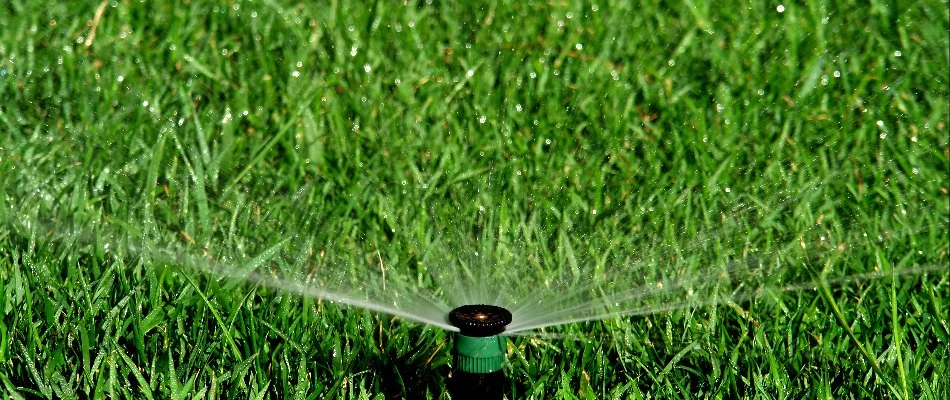
One way of stopping grubs from damaging your lawn involves your watering routine. Grubs thrive in moisture. They like soft and moist soil, and without enough water, they can die. Because of this, you need to ensure you are not overwatering your lawn. One way of doing that is by keeping your irrigation system from running when it rained recently in your area. You can also adjust your watering schedule to allow the soil on your property to dry out a little. This strategy can be a bit tricky because not enough water can also damage your grass, so make sure you do this carefully to still keep your lawn well-hydrated. Keeping your soil a little on the dry side can make your lawn more unappealing to grubs, giving you a better chance of stopping these root-feeding pests from infesting it.
Don't Mow Your Grass Too Short
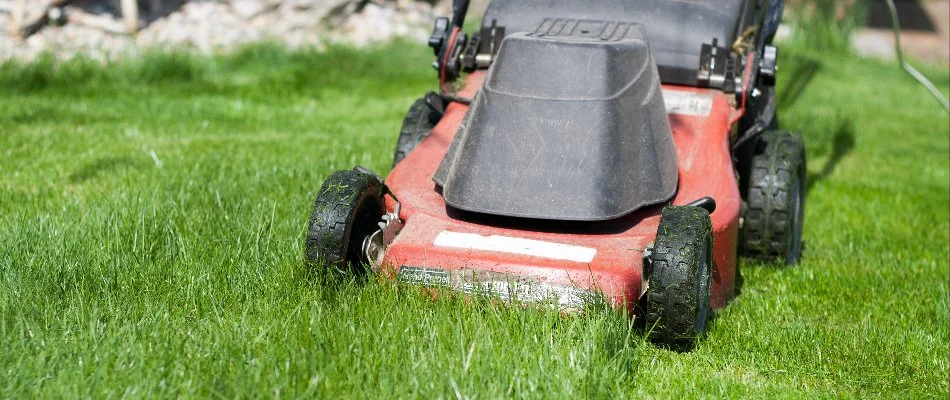
The height of your grass can also play a role in protecting it from severe grub damage. Grubs feed on the roots of your grass, so you'll want your lawn to develop deep roots that can withstand being eaten by grubs. A reliable tactic to promote strong, deep roots is to never mow your grass too short. When the grass blades are too short, the roots will become shorter as well. You'll want to mow high to keep the grass blades long and promote deeper root development. This way, the roots of your lawn will be better able to resist grubs eating them without showing damage.
The general rule of thumb when mowing your grass is to never cut more than 1/3 of the grass blades during a single mow.
Eliminate existing grubs by investing in a curative grub control treatment.
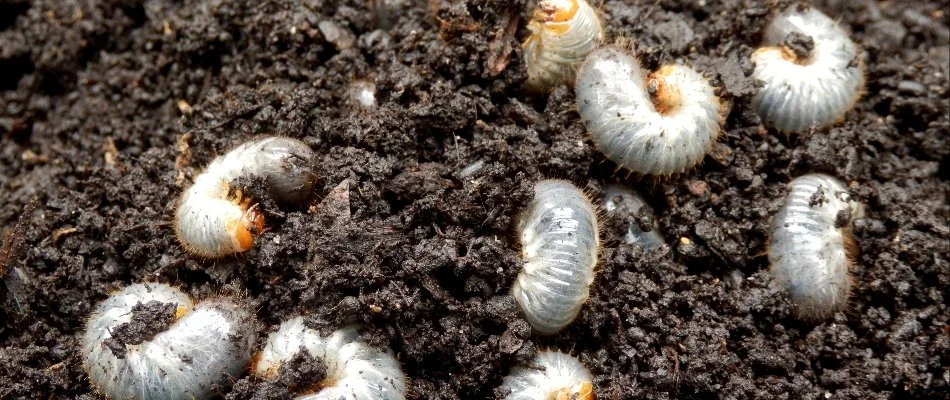
If you want a surefire way to finally kick grubs to the curb, you'll want to invest in a curative grub control treatment. This type of treatment is designed to stop them in their tracks so they can't continue to damage your lawn. This type of treatment can be administered any time grubs are present on your lawn, and it should effectively wipe them out! Here in Texas, grubs typically become a problem in late summer or early fall, so this is the time of the year that you should be on the lookout for them! If you dealt with grubs this year, they could be back next year, too! To prevent your lawn from being infested with them again the following year, you can proactively invest in a preventative grub control treatment.
Call us today to enroll in our grub control service!
Grubs are one of the most destructive lawn pests that can infest your turf. Fortunately, we offer a top-notch grub control service that can make these pests a problem of the past! We offer curative treatments to eliminate ongoing infestations as well as preventative treatments to prevent these pests from ever infesting your lawn in the first place! We offer this service to residential properties in Dallas, Fort Worth, Arlington, TX, and nearby areas. Call us today at (972) 727-9207 to enroll in this service.
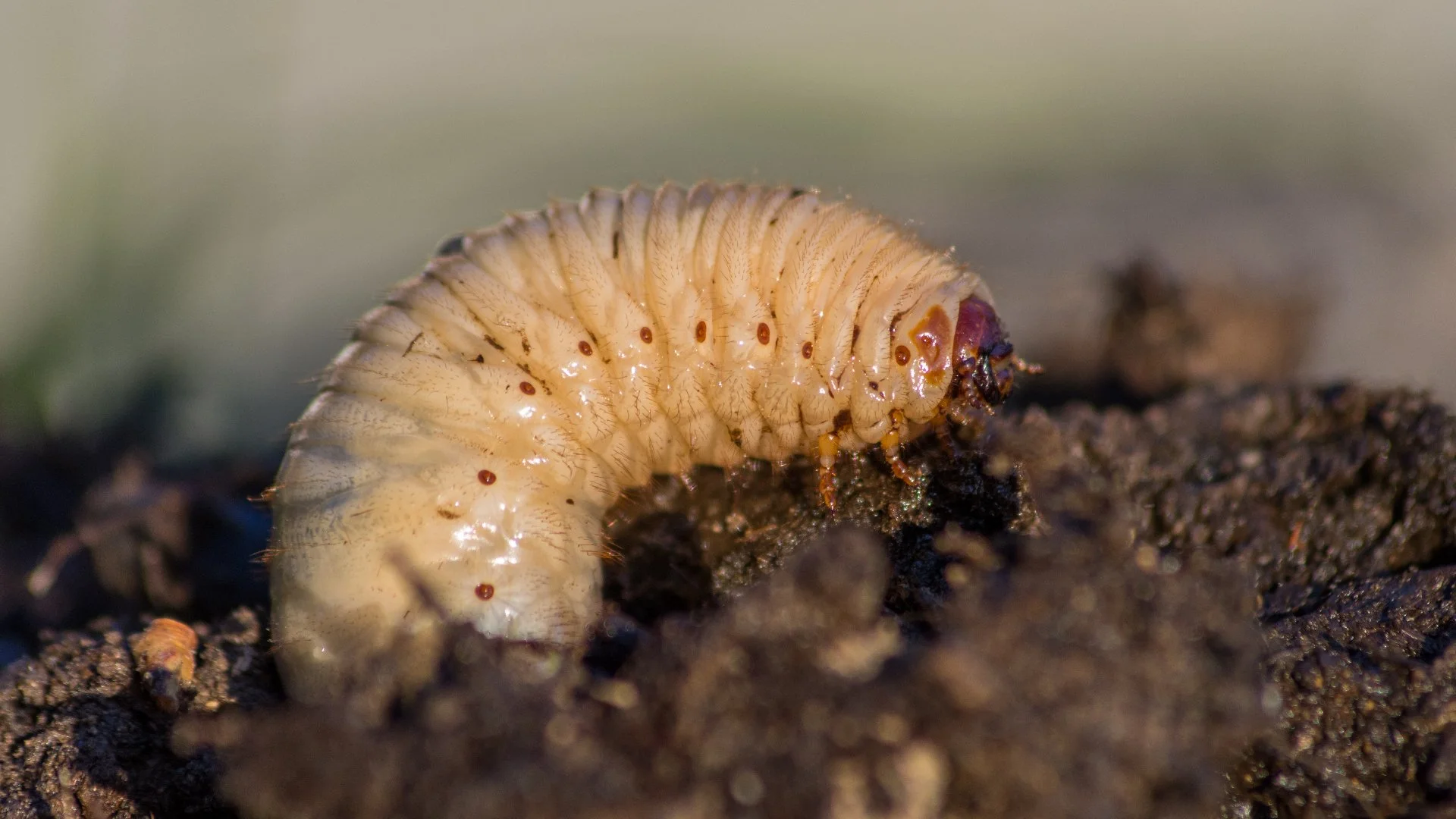

Comments (0)
Thanks for your comment!
Thanks for your feedback! Your comments have been successfully submitted! Please note, all comments require admin approval prior to display.
Error submitting comment!
There is a problem with your comment, please see below and try again.